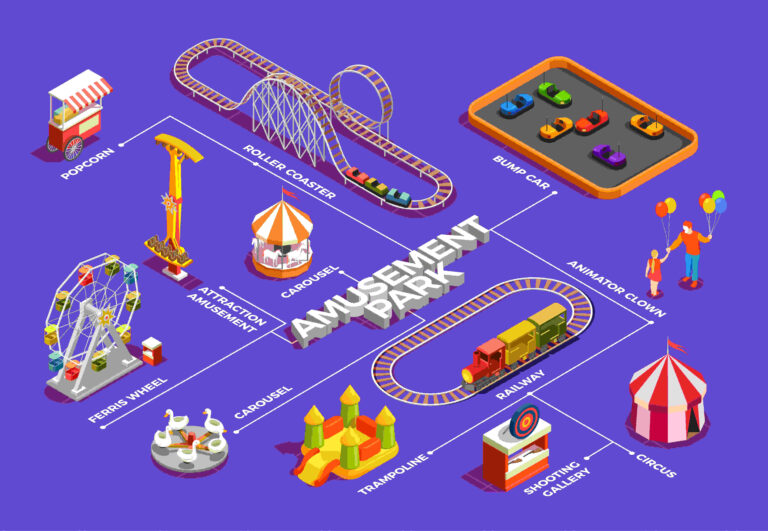In recent years, the integration of Artificial Intelligence AI in education has sparked a revolution in the way we teach and learn. This technological advancement has opened new possibilities, from personalized learning experiences to data-driven insights into student progress. Let’s delve into the profound impact AI is making in the field of education.
Personalized Learning:
AI algorithms analyze individual student data to tailor educational content and pace.
Adaptive learning platforms adjust difficulty levels based on student performance, ensuring optimal engagement and mastery. Personalized feedback and recommendations guide students towards areas needing improvement, enhancing their overall learning experience.
Intelligent Tutoring Systems:
AI-powered tutors provide on-demand assistance and support, offering explanations and feedback in real-time. These systems adapt to students’ learning styles and preferences, providing customized instruction to address their unique needs. Intelligent tutoring systems can supplement traditional classroom teaching, offering additional support and resources to both students and educators.
Data Analytics:
AI algorithms analyze vast amounts of educational data to identify patterns and trends. Educators gain insights into student performance, learning preferences, and areas of difficulty, enabling targeted interventions. Predictive analytics help forecast student outcomes and identify at-risk students, allowing for early intervention strategies to be implemented.
Automated Grading and Assessment:
AI automates the grading process, saving educators valuable time and resources. Machine learning algorithms evaluate student responses and assignments, providing instant feedback. Automated assessment tools offer consistency and fairness in grading, reducing subjective biases.
Virtual Classrooms and Simulations:
AI-powered virtual classrooms facilitate remote learning, offering immersive and interactive experiences. Virtual simulations provide hands-on practice and experimentation in various subjects, enhancing understanding and retention. These platforms enable collaboration among students from different locations, fostering a global learning community.
Natural Language Processing in Education:
NLP technology enables conversational interfaces for educational purposes, such as chatbots and virtual assistants. Students can ask questions, receive explanations, and engage in dialogue with AI-powered tutors anytime, anywhere. NLP tools support language learning, reading comprehension, and writing skills development through interactive exercises and feedback.
Curriculum Design and Content Creation:
AI assists educators in designing curriculum and creating educational content tailored to specific learning objectives. Content generation algorithms produce customized learning materials, including quizzes, tutorials, and interactive multimedia resources. AI analyzes educational resources to recommend relevant content and learning pathways based on student needs and interests.
Ethical Considerations and Challenges:
Privacy concerns arise regarding the collection and use of student data by AI systems, highlighting the importance of data security and confidentiality. Bias in AI algorithms may perpetuate inequalities in education, reinforcing existing disparities based on factors like race, gender, and socioeconomic status. Ensuring transparency and accountability in AI-driven decision-making processes is essential to maintain trust and fairness in educational settings.
Conclusion:
The integration of AI in education represents a transformative shift in the way we teach and learn. From personalized learning experiences to data-driven insights and virtual classrooms, AI is revolutionizing education in unprecedented ways. However, ethical considerations and challenges must be addressed to harness the full potential of AI while ensuring equity and inclusivity in education. As we continue to explore and innovate with AI in education, it is essential to prioritize the advancement of learning opportunities for all students, guided by principles of fairness, transparency, and ethical responsibility.









